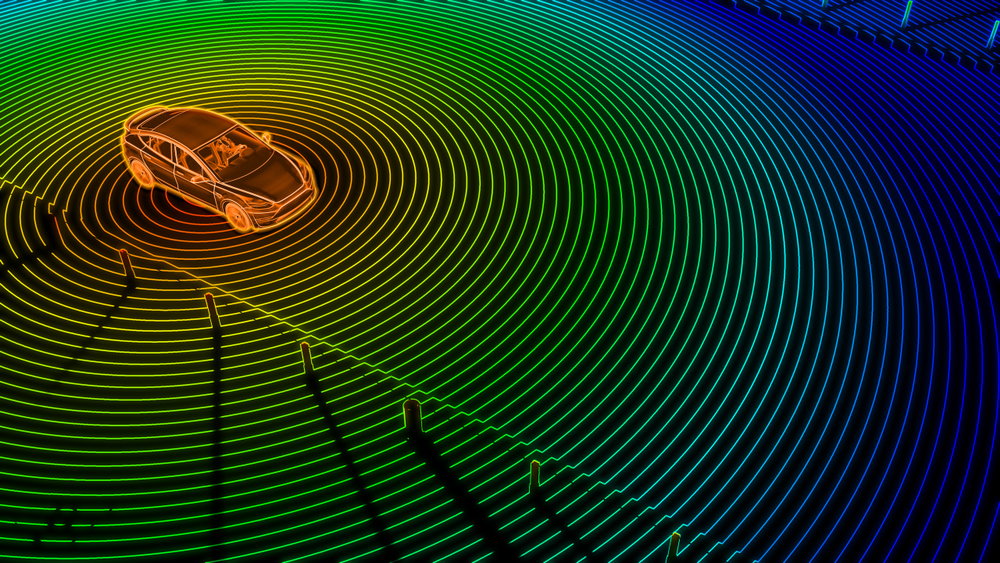
Widespread adoption of autonomous vehicles could cause slightly higher transportation energy consumption, according to a report by the U.S. Energy Information Administration (EIA).
The EIA report states that the increased energy consumption would be because autonomous vehicles would likely increase light-duty vehicle travel.
Light-duty vehicles currently account for 21 percent of all delivered end-use energy. Light-duty vehicle miles traveled is forecasted to reach 3.3 trillion miles by 2050, an 18 percent increase from 2017.
Autonomous vehicles have some aspects of safety-critical control functions that occur without driver input, according to the U.S. Department of Transportation, and are divided into six levels based on automation.
In its report, EIA assumed autonomous vehicles would be driven more miles annually than non-autonomous vehicles, pushing vehicle miles traveled up to 3.8 trillion miles in 2050.
Both conventional gasoline internal combustion engines and battery electric and hybrid electric autonomous vehicles would consume more energy, EIA concluded.
In one test case, greater autonomous-vehicle adoption caused only a slightly higher energy demand because the improved fuel economy of battery electric vehicles and hybrid electric vehicles partially offset the travel demand increase.
Gasoline consumption is slightly higher when more hybrid electric vehicles are on the road while electricity consumption is slightly higher when more battery electric vehicles are in use. Diesel consumption is unchanged.